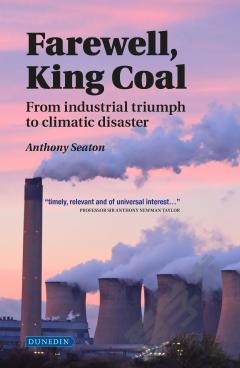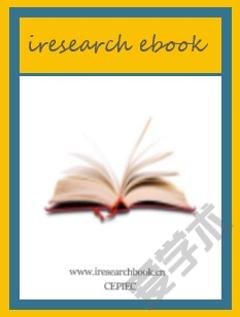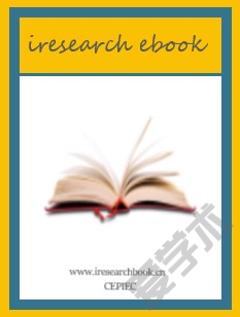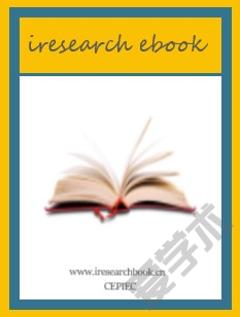Farewell, King Coal
When the last deep coal mine in Britain closed in 2016 it marked the end of the most transformative era in the history of mankind. In writing this account of the rise and decline of the coal industry and its effects on the health of the miners, of those who worked with coal products and of almost all of us who have breathed in the pollution from its combustion, Professor Seaton points to the often hidden adverse consequences of transformative technologies. He also traces the early history of the discoveries that led to the concept of man-made climate change and discusses the converging threats to civilisation from unregulated technological advance. I look back on the decline and death of the coal industry with mixed feelings and say, echoing the words of Shakespeares Richard II, Farewell King Coal. But I watch with interest the decline of oil as a fuel, soon perhaps to be followed by gas, a switch away from fossil fuels driven by understanding of climate change. This is my personal obituary of coal in the context of an individuals medical career and a populations increasing understanding of mankinds place in the ecology of the Earth. It is the story of the most disruptive technology ever introduced by mankind and the consequential increasing prosperity of the western world, but also of the deaths and diseases caused by coal, its mining, utilisation and combustion, and of the scientific disputes that surrounded the medical discoveries. As such, it is an important part of the story of mankinds unending struggle to survive on this restless planet in harmony with the animals, microbes, and plants that share it with us. From the Introduction by the author.
{{comment.content}}








 京公网安备 11010802027623号
京公网安备 11010802027623号